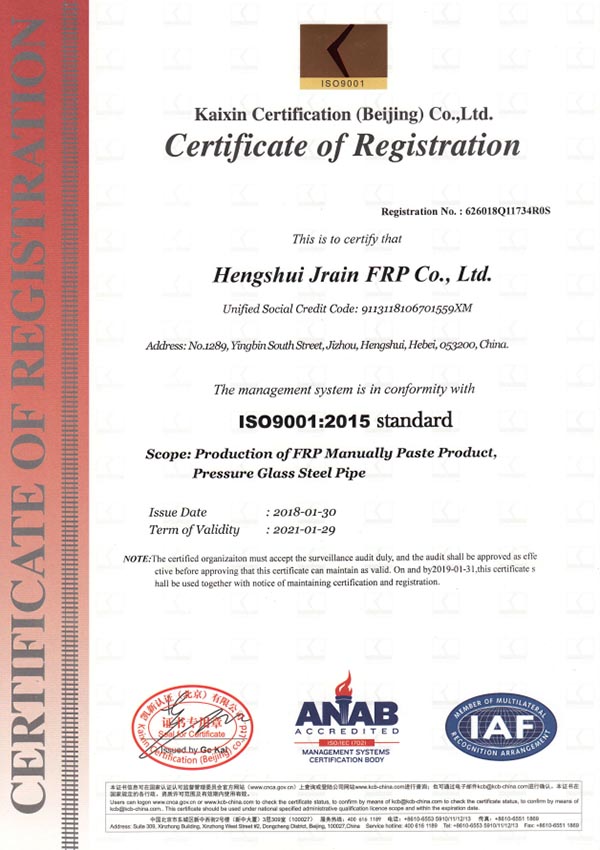
-
 Afrikaans
Afrikaans -
 Albanian
Albanian -
 Amharic
Amharic -
 Arabic
Arabic -
 Armenian
Armenian -
 Azerbaijani
Azerbaijani -
 Basque
Basque -
 Belarusian
Belarusian -
 Bengali
Bengali -
 Bosnian
Bosnian -
 Bulgarian
Bulgarian -
 Catalan
Catalan -
 Cebuano
Cebuano -
 China
China -
 China (Taiwan)
China (Taiwan) -
 Corsican
Corsican -
 Croatian
Croatian -
 Czech
Czech -
 Danish
Danish -
 Dutch
Dutch -
 English
English -
 Esperanto
Esperanto -
 Estonian
Estonian -
 Finnish
Finnish -
 French
French -
 Frisian
Frisian -
 Galician
Galician -
 Georgian
Georgian -
 German
German -
 Greek
Greek -
 Gujarati
Gujarati -
 Haitian Creole
Haitian Creole -
 hausa
hausa -
 hawaiian
hawaiian -
 Hebrew
Hebrew -
 Hindi
Hindi -
 Miao
Miao -
 Hungarian
Hungarian -
 Icelandic
Icelandic -
 igbo
igbo -
 Indonesian
Indonesian -
 irish
irish -
 Italian
Italian -
 Japanese
Japanese -
 Javanese
Javanese -
 Kannada
Kannada -
 kazakh
kazakh -
 Khmer
Khmer -
 Rwandese
Rwandese -
 Korean
Korean -
 Kurdish
Kurdish -
 Kyrgyz
Kyrgyz -
 Lao
Lao -
 Latin
Latin -
 Latvian
Latvian -
 Lithuanian
Lithuanian -
 Luxembourgish
Luxembourgish -
 Macedonian
Macedonian -
 Malgashi
Malgashi -
 Malay
Malay -
 Malayalam
Malayalam -
 Maltese
Maltese -
 Maori
Maori -
 Marathi
Marathi -
 Mongolian
Mongolian -
 Myanmar
Myanmar -
 Nepali
Nepali -
 Norwegian
Norwegian -
 Norwegian
Norwegian -
 Occitan
Occitan -
 Pashto
Pashto -
 Persian
Persian -
 Polish
Polish -
 Portuguese
Portuguese -
 Punjabi
Punjabi -
 Romanian
Romanian -
 Russian
Russian -
 Samoan
Samoan -
 Scottish Gaelic
Scottish Gaelic -
 Serbian
Serbian -
 Sesotho
Sesotho -
 Shona
Shona -
 Sindhi
Sindhi -
 Sinhala
Sinhala -
 Slovak
Slovak -
 Slovenian
Slovenian -
 Somali
Somali -
 Spanish
Spanish -
 Sundanese
Sundanese -
 Swahili
Swahili -
 Swedish
Swedish -
 Tagalog
Tagalog -
 Tajik
Tajik -
 Tamil
Tamil -
 Tatar
Tatar -
 Telugu
Telugu -
 Thai
Thai -
 Turkish
Turkish -
 Turkmen
Turkmen -
 Ukrainian
Ukrainian -
 Urdu
Urdu -
 Uighur
Uighur -
 Uzbek
Uzbek -
 Vietnamese
Vietnamese -
 Welsh
Welsh -
 Bantu
Bantu -
 Yiddish
Yiddish -
 Yoruba
Yoruba -
 Zulu
Zulu
chemical products for frp applications a comprehensive guide ...
A Comprehensive Guide to Chemical Products for FRP Applications
Fiber Reinforced Polymer (FRP) is revolutionizing various industries, from construction to automotive, due to its lightweight and high strength-to-weight ratio. The chemical products utilized in FRP applications are critical for enhancing the performance and durability of composites. This article aims to provide an overview of the essential chemical products used in the manufacturing and application of FRP materials.
1. Resins At the heart of FRP applications are the resins, which are responsible for binding the fibers together and providing structural integrity. There are several types of resins used, including
- Polyester Resin Known for its cost-effectiveness and good mechanical properties. Polyester resins are commonly used in boat hulls, automotive parts, and various construction applications. - Vinyl Ester Resin Offers better chemical resistance and thermal stability than polyester. It is employed in environments exposed to aggressive chemicals, making it suitable for storage tanks and high-performance applications. - Epoxy Resin Renowned for its superior adhesive properties and resistance to heat and chemicals. Epoxy resins are often used in aerospace applications and high-strength structural components.
2. Hardening Agents To initiate the curing process of resins, hardening agents or catalysts, such as methyl ethyl ketone peroxide (MEKP) for polyester and vinyl ester resins, are essential. The right curing agent can significantly affect the final properties of the FRP product, such as curing time and temperature requirements.
chemical products for frp applications a comprehensive guide ...

3. Fibers While not a chemical product per se, the type of reinforcing fiber plays a crucial role in determining the characteristics of the final FRP material. Common types of fibers include
- Glass Fibers Widely used due to their affordability and good mechanical properties. They are suitable for general-purpose applications. - Carbon Fibers Provide exceptional strength and stiffness, making them ideal for applications in aerospace and high-performance automotive industries. - Aramid Fibers Known for their high impact resistance, aramid fibers are used in applications requiring enhanced safety, such as ballistic protection.
4. Additives Additives are often incorporated to enhance specific properties of FRP products. These may include
- Fillers To improve mechanical properties and reduce material costs. - Colorants For aesthetic purposes, allowing products to have a desired color finish. - Flame Retardants To improve the fire resistance of FRP products, an essential property for many industrial applications.
Conclusion The choice of chemical products for FRP applications significantly influences the performance, durability, and suitability of the end products. By selecting the appropriate resin, hardening agent, fiber type, and additives, manufacturers can tailor FRP materials to meet the demanding requirements of various industries. This comprehensive understanding of chemical products is essential for advancing FRP technology and its applications in the modern world.









